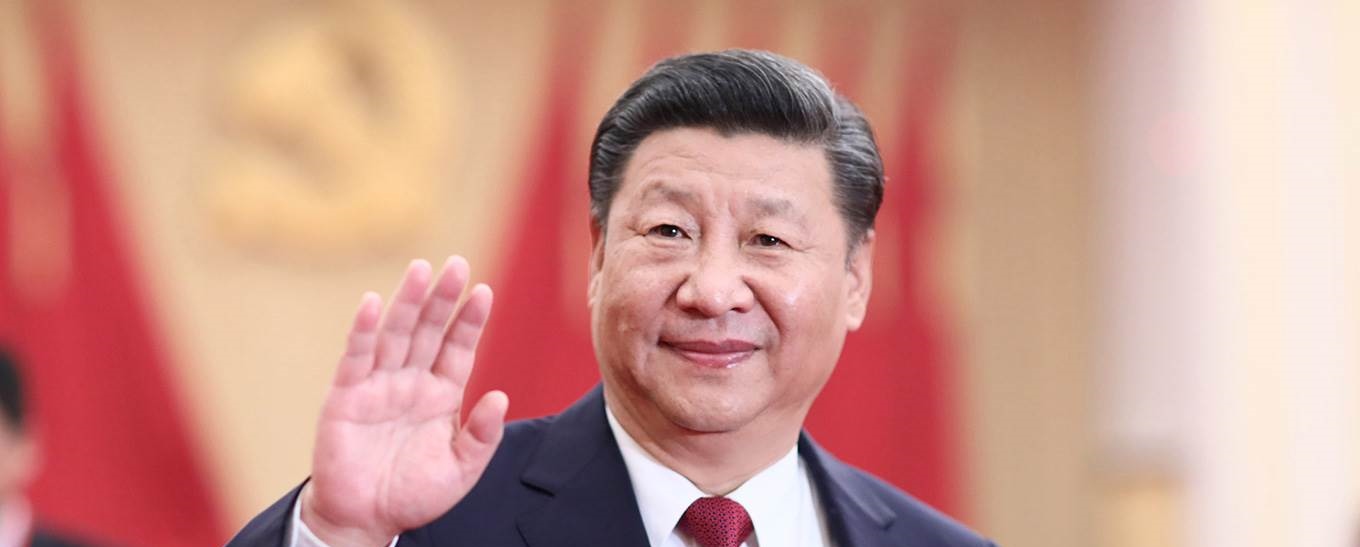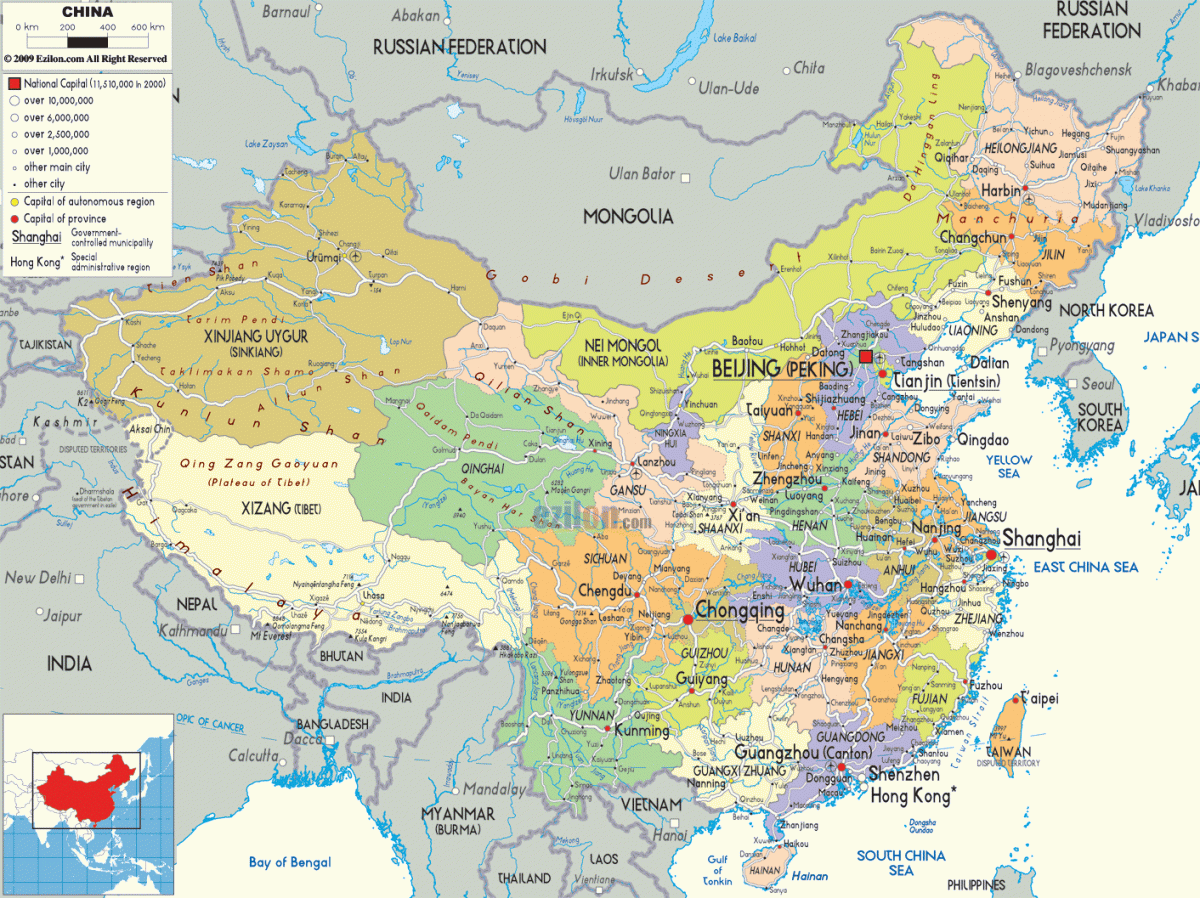Jinping in power
February 26, 2018 | Expert Insights

The Communist Party of China (CCP) has proposed an amendment to the nation’s constitution that will allow current President Xi Jinping to serve for a third consecutive year.
What does this mean for China in global politics?
Background
The history of China can be traced back to 1500 BC under the Shang dynasty. Much of China’s culture was developed during the Zhou dynasty (1046–256 BC). The Qing dynasty which ruled from 1644 to 1911/12, was overthrown due to a military uprising. The provisional government of the Republic of China was formed in Nanjing on 12 March 1912.
China is governed under a one-party system. The Communist Party of China is the sole governing party in the country. It was founded in 1921 by by Chen Duxiu and Li Dazhao. The nation also has eight other legal parties who are not the governing party. Together they form the United Front. The United Front does not hold any actual power within China and are subservient to the CPC.
Presently, China is the second largest economy in the world by nominal GDP. It is both the largest economy in the world and the largest exporter of goods. The region is the world’s largest consumer market and it is the second largest importer in the world. Between 2013 and 2015, China was the top trading nation in the world. It is one of the fastest developing nations in the world.
Xi Jinping, the current President of China, was born to Communist veteran Xi Zhongxun. Before assuming the highest office in the country, he served governor of Fujian from 1999 to 2002. He joined the powerful Politburo Standing Committee and Central Secretariat in October 2007. By the time he was appointed in the Politburo Committee, it was assumed across political circles that he would be then President Hu Juntao’s successor. Under his leadership, the country has become isolated from the world. There is widespread censorship of the internet. He has been a key proponent of increasing China’s global influence through projects like One Belt One Road (OBOR).

Analysis
During the most recent edition of the National Congress in China, there was a unanimous vote to enshrine Xi Jinping's name and ideology to the country’s Constitution. He is the first and only Chinese President to have been afforded this honor while still alive since Mao Zedong. “The congress unanimously agrees that Xi Jinping Thought … shall constitute [one of] the guides to action of the party in the party constitution,” a party resolution stated. In case of Mao Zedong, his political philosophy was called the Mao Zedong Thought.
At the time, during a brief address to more than 2,200 delegates, Xi said, “Today we, more than 1.3bn Chinese people, live in jubilation and dignity. Our land ... radiates with enormous dynamism. Our Chinese civilisation shines with lasting splendour and glamour. Our party shows strong, firm and vibrant leadership. Our socialist system demonstrates great strength and vitality. The Chinese people and the Chinese nation embrace brilliant prospects.”
Paving the way for Jinping to serve a third term in the office, the country’s Communist Party has proposed changing the constitution and amending it in the process. “The Communist party of China central committee proposed to remove the expression that the president and vice-president of the People’s Republic of China ‘shall serve no more than two consecutive terms’ from the country’s constitution,” Xinhua, China’s official news wire, reported. “The proposal was made public Sunday.”
Rumors that Jinping wanted to serve a third term started gaining traction during the latest national Party Congress. Some experts believe that this will also pave the way for the president to serve indefinitely in power. “I think he will become emperor for life and the Mao Zedong of the 21st century”, Willy Lam, politics professor at the Chinese University of Hong Kong, told AFP. “If his health permits, he wants to serve 20 years, which would mean until 2032 as secretary general of the party, and 2033 as state president,” he added.
The proposed change will also affect the tenure of the nation’s Vice President. Reports have suggested that the country’s powerful anti-graft tsar Wang Qishan will be named the new Vice President and will be taking on a large foreign policy portfolio. “Wang will play a key role in foreign affairs work in the years to come, especially on thorny issues involving Sino-US relations,” a source close to the leadership told the South China Morning Post.
The President is expected to appoint top foreign policymakers with substantial experience to handle West as the country set its sights on expanding its global influence economically and strategically.
Assessment
Our assessment is that currently there is no other person in China who can challenge President Jinping’s power or his authority. He has now been enshrined as one of the most powerful political leaders in the nation’s history. We believe that over the next decade, Asian as well as global politics will be affected by Xi Jinping’s authority and rule. This will especially be true for India as it will have to contend with a more assertive Chinese leader for at least another half decade.








Comments